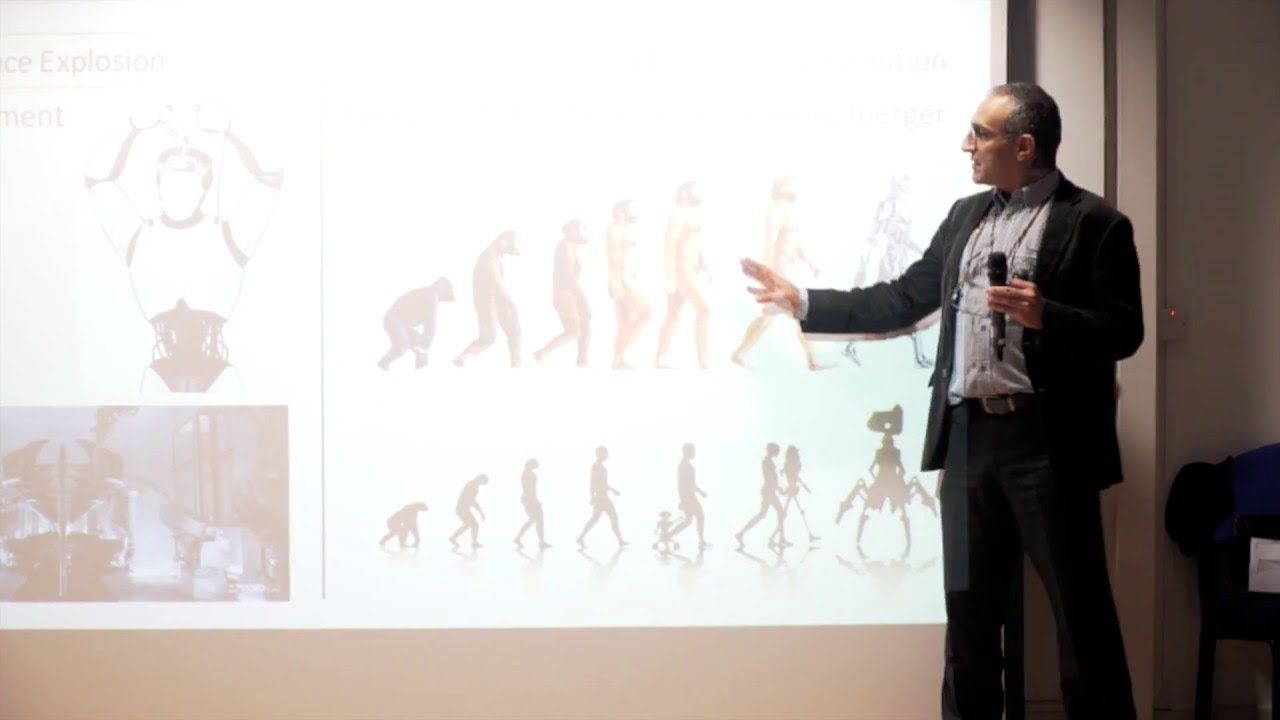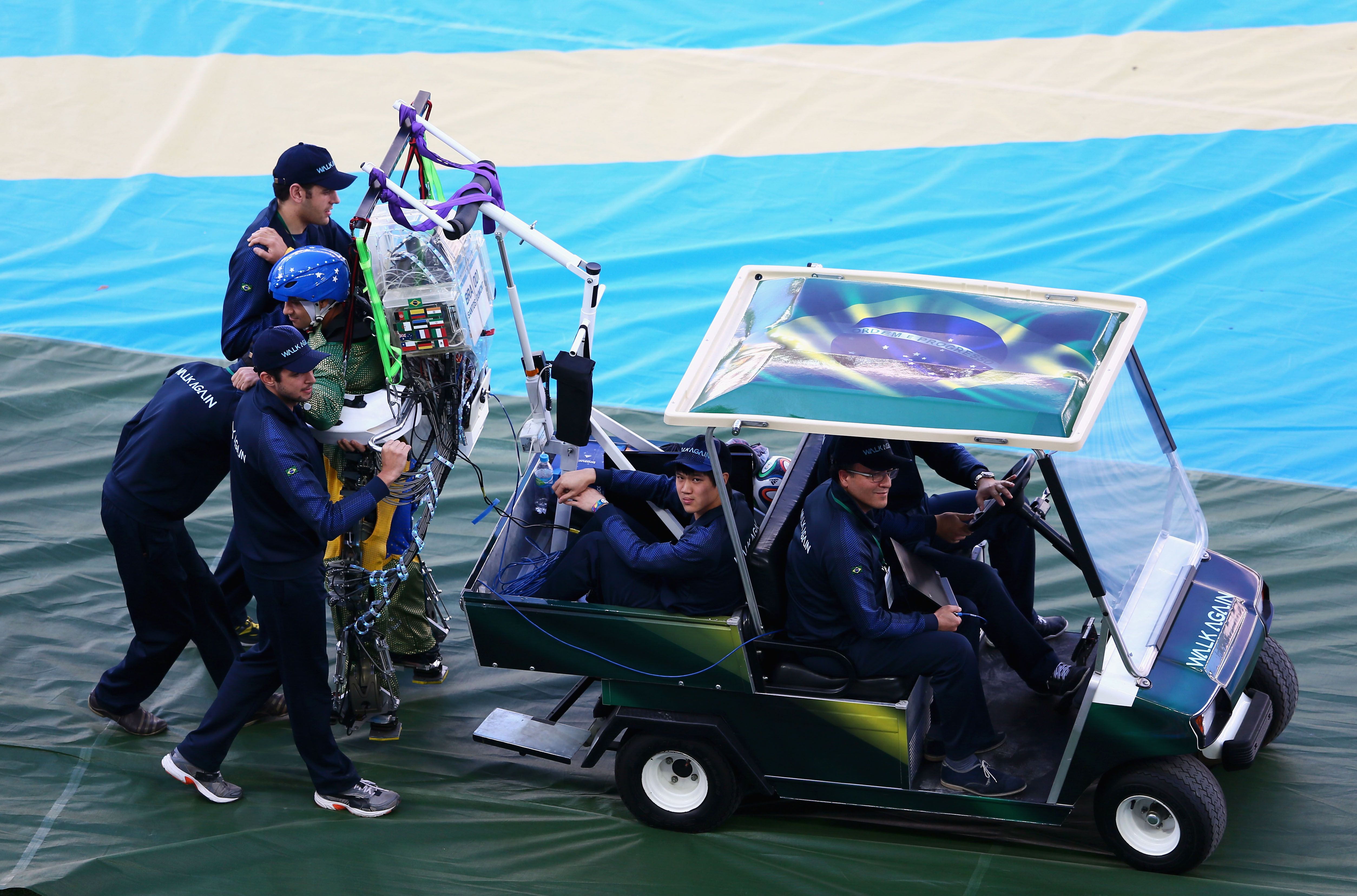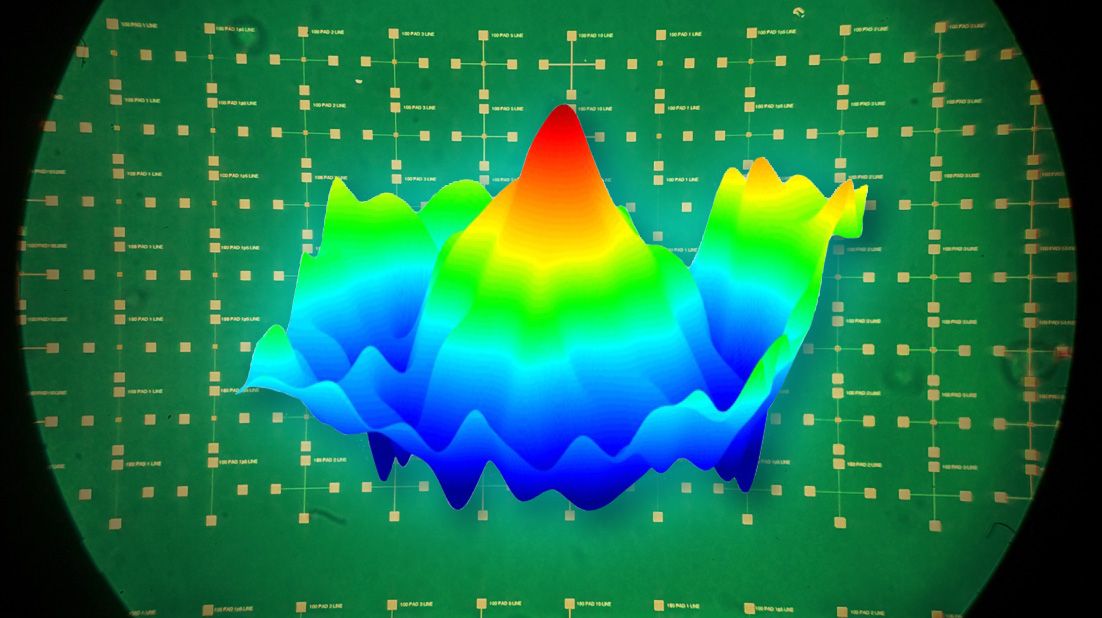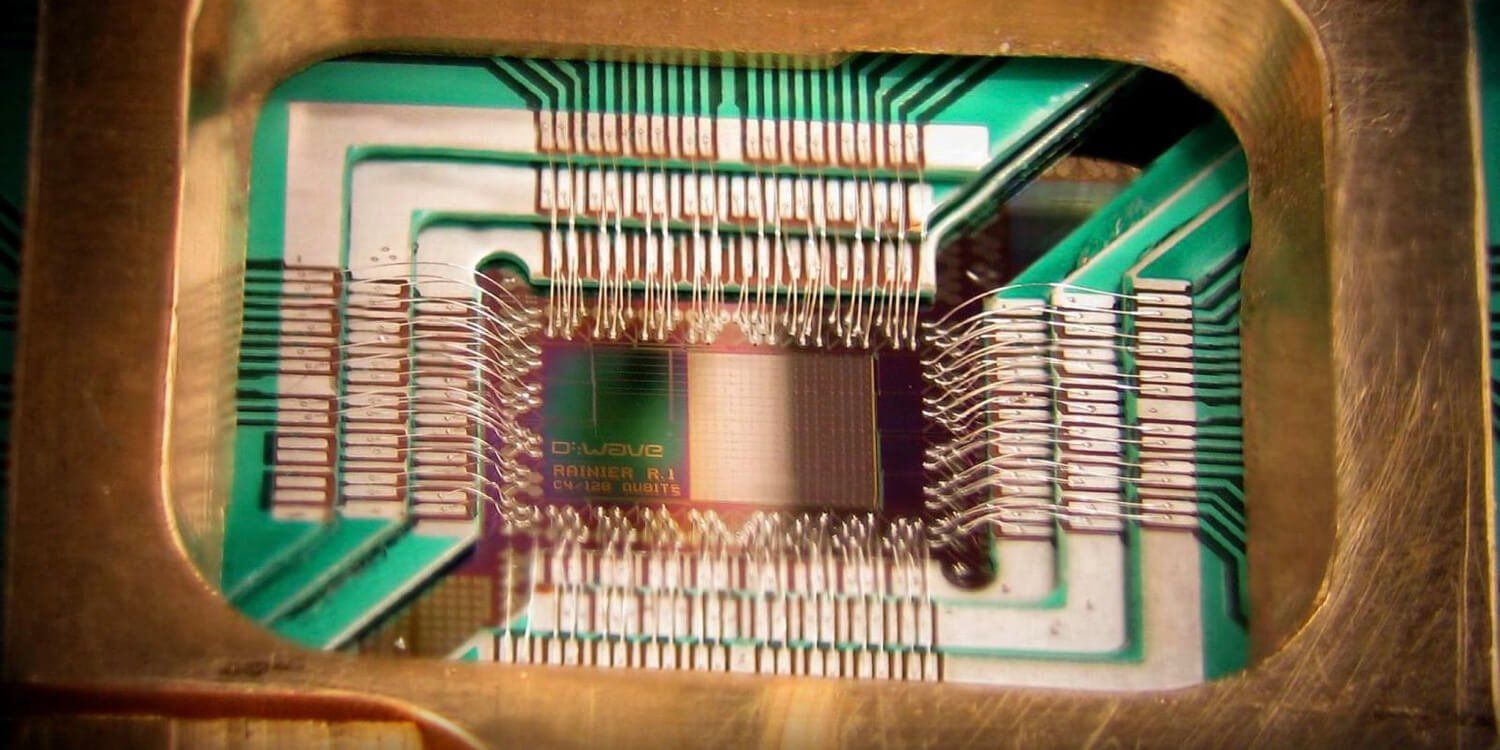Archive for the ‘computing’ category: Page 787
Jun 14, 2016
Android inventor Andy Rubin thinks the future of smartphones might be a single AI
Posted by Klaus Baldauf in categories: computing, mobile phones, quantum physics, robotics/AI
Andy Rubin, who co-founded Android and jump-started Google’s robotics efforts, imagines a future where artificial intelligence is so powerful that it powers every connected device. Speaking at Bloomberg’s Tech Conference in San Francisco today, Rubin said a combination of quantum computing and AI advancements could yield a conscious intelligence that would underpin every piece of technology. “If you have computing that is as powerful as this could be, you might only need one,” Rubin says. “It might not be something you carry around; it just has to be conscious.”
It sounds outlandish and theoretical, and it is. But Rubin, with his investment fund Playground Global, is investing in companies trying to make that kind of wondrous future a reality. One such company, a quantum computing firm Rubin would not name, is composed of researchers he thinks may one day commercialize quantum devices using standard manufacturing processes. Quantum computing promises exponential boosts in processing power, in part by harnessing the probabilistic nature inherent to the physics discipline.
Rubin thinks there’s substantial overlap coming down the line for quantum computing, AI, and robotics. “In order for AI to blossom and fulfill consumer needs, it has to be about data,” he says. “That’s where robotics come in — robots are walking mobile sensors, who can sense their environment and interact and learn from those interactions.” Furthermore, Rubin adds, both AI and quantum computing are good at pattern matching and could greatly complement one another. “Those two things combined in hundreds of years might get us to the point of this conundrum, who is the master and who is the servant and all that,” he says.
Jun 14, 2016
Five weirdest password alternatives of all time
Posted by Karen Hurst in categories: business, computing, privacy
Computers can identify you based on your butt and your walk, not to mention your smell…
Around half of consumers would “choose anything but a traditional username and password account registration when given the option”, according to identity management firm Gigya.
But would they choose these truly bizarre password alternatives that have been proposed over the years, and would your business be safer switching to them? 1. Biometric Buttocks.
Continue reading “Five weirdest password alternatives of all time” »
Jun 14, 2016
Brain computers are revolutionizing paralysis
Posted by Karen Hurst in categories: biotech/medical, computing, neuroscience
BCI technologies are becoming powerful enough to change the way doctors think about paralysis and more.
Jun 14, 2016
Quantum Computation: A cryptography armageddon?
Posted by Karen Hurst in categories: computing, encryption, quantum physics
Glad that folks have awaken to the fact that QC is indeed coming and best to learn about this technology and make it part of the IT’s Future State.
http://www.welivesecurity.com/2016/06/14/quantum-computation
Cryptography-armageddon/
Continue reading “Quantum Computation: A cryptography armageddon?” »
Jun 14, 2016
X-ray Experiments Show Hewlett Packard Team How Memristors Work
Posted by Andreas Matt in categories: computing, materials
In experiments at two Department of Energy national labs – SLAC National Accelerator Laboratory and Lawrence Berkeley National Laboratory – scientists at Hewlett Packard Enterprise (HPE) have experimentally confirmed critical aspects of how a new type of microelectronic device, the memristor, works at an atomic scale.
This result is an important step in designing these solid-state devices for use in future computer memories that operate much faster, last longer and use less energy than today’s flash memory. The results were published in February in Advanced Materials.
“We need information like this to be able to design memristors that will succeed commercially,” said Suhas Kumar, an HPE scientist and first author on the group’s technical paper.
Continue reading “X-ray Experiments Show Hewlett Packard Team How Memristors Work” »
Jun 13, 2016
How Quantum Computing Can Make Finance More Scientific
Posted by Karen Hurst in categories: business, computing, finance, habitats, quantum physics, singularity, transportation
Exponential Finance celebrates the incredible opportunity at the intersection of technology and finance. Apply here to join Singularity University, CNBC, and hundreds of the world’s most forward-thinking financial leaders at Exponential Finance in June 2017.
Modern life is punctuated by market cycles.
One year the gears of commerce are whirring along. Businesses are hiring and investing. People are buying houses and cars, televisions and computers. Things are going great. Then a year later, the gears screech to halt—sweeping layoffs, plummeting investment, and crashing markets. No one’s buying anything.
Continue reading “How Quantum Computing Can Make Finance More Scientific” »
Jun 13, 2016
Microsoft’s LinkedIn buy escalates cloud wars
Posted by Karen Hurst in categories: business, computing, information science
“With the LinkedIn acquisition, Microsoft snares two prizes: the massive amounts of data contained in LinkedIn’s 433 million member profiles that are kept scrupulously up to date by business professionals and to which competitors have no access and the brainy computer algorithms that crunch that data.” the writeup.
Buying the Facebook of professional networks is perhaps the best illustration yet that the cloud wars are heating up.
Jun 13, 2016
The Singularity Controversy
Posted by Amnon H. Eden in categories: computing, robotics/AI, singularity

In this London Futurists event, Amnon Eden, lead editor of the volume “Singularity Hypotheses” which was published three years ago, provided an update on the controversies about the Technological Singularity. Topics covered include:
• Luddites, Philistines, and Starry-Eyed: The War over Killer Robots
Jun 13, 2016
Movie written by AI algorithm turns out to be hilarious and intense
Posted by Sean Cusack in categories: computing, entertainment, information science, robotics/AI
A cool experiment — a movie script written by a computer algorithm. It’s actually pretty riveting, but I challenge you to figure out what it’s about, LOL! bigsmile (Y) #AIScreenwriter #WhatDoesItMean















